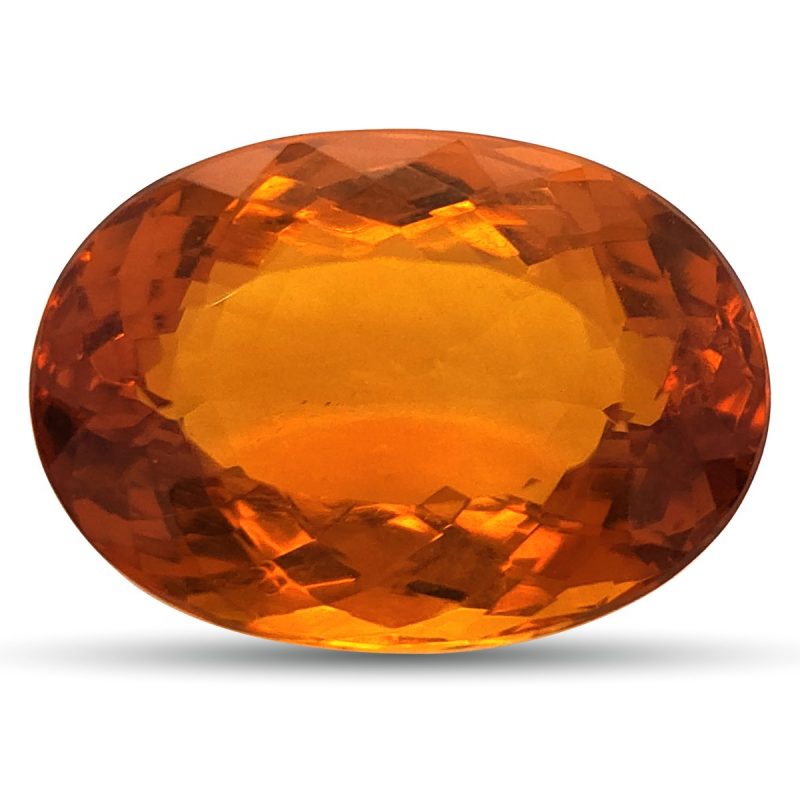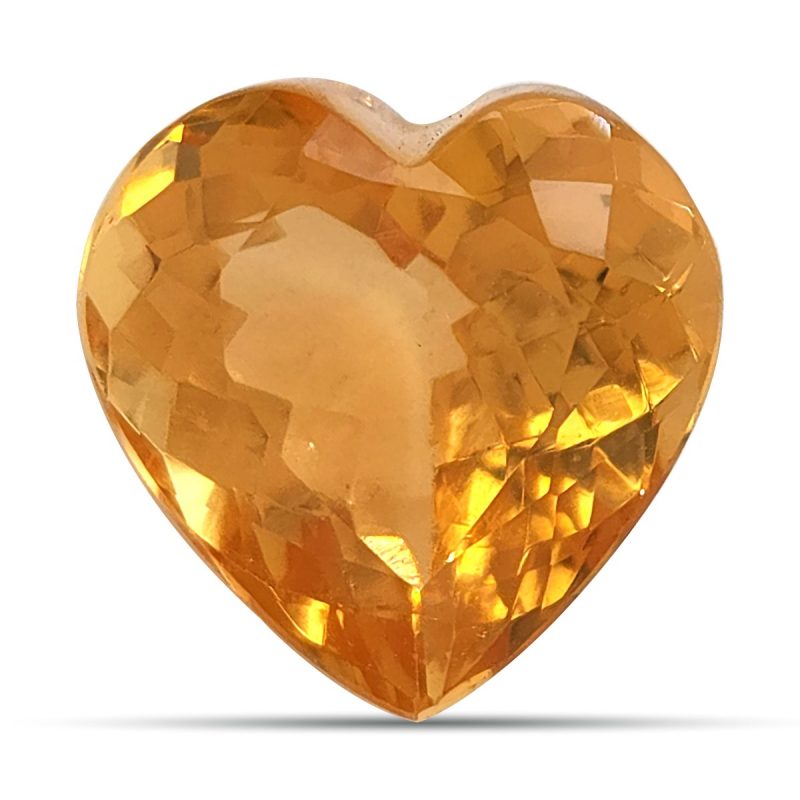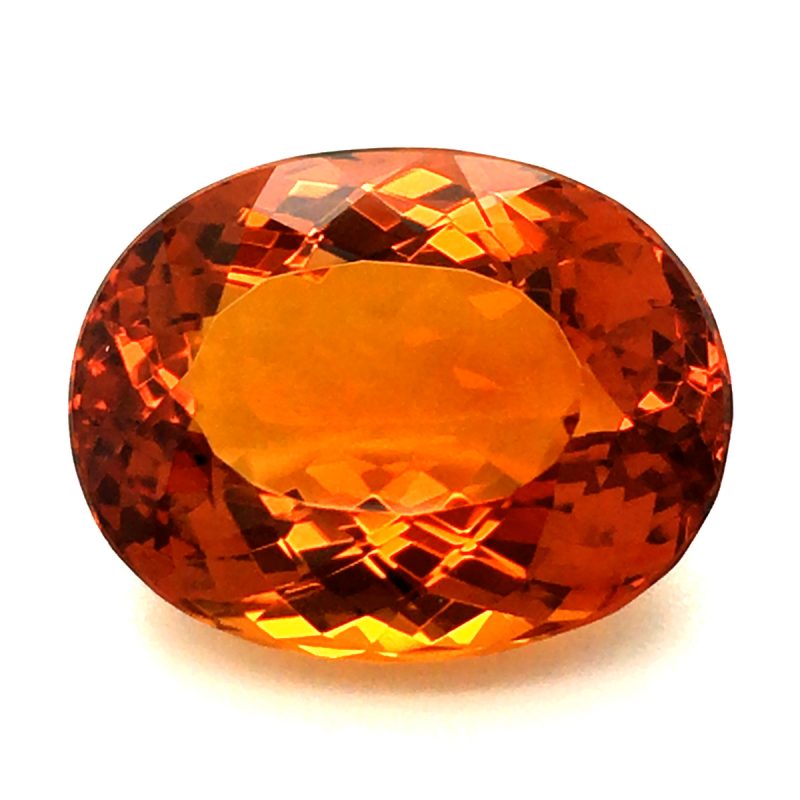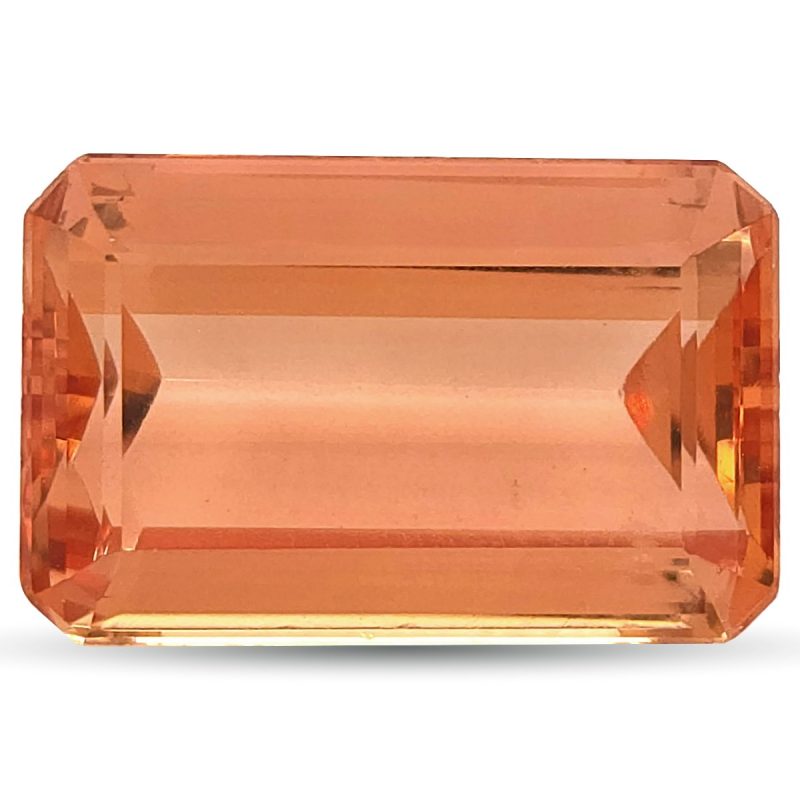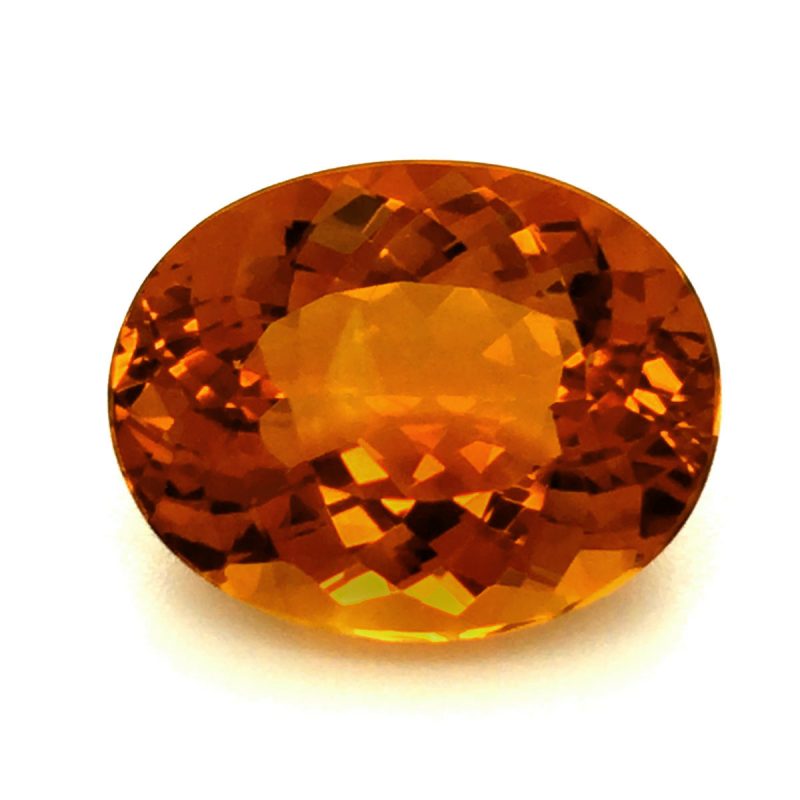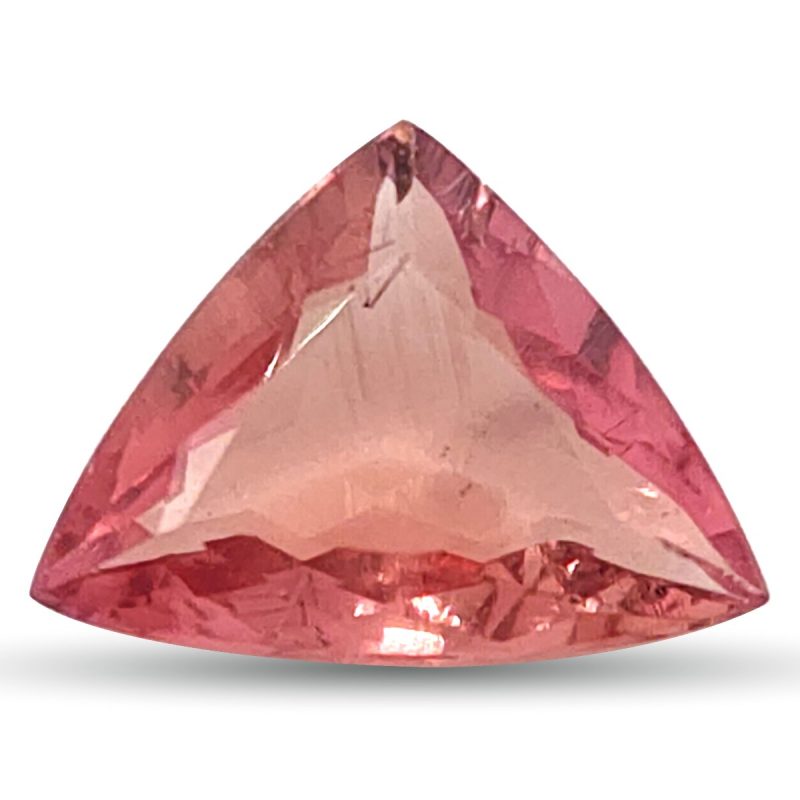If you’re born in November you’ve been doubly blessed. Not only do you have two stunning birthstones to choose from, but they are both also relatively affordable. Topaz comes in a kaleidoscope of colors, while citrine offers you a range of yellows and oranges. We’ll take a deep dive into each to help you choose which November birthstone is right for you. Spoiler Alert! You might just decide you need both…
The Backstory: November Birthstone Definitions
Citrine Topaz
The word topaz is thought to derive from the Ancient Greek name for the Red Sea Island of Topázios, which is today known as Zabargad and is a part of Egypt. It was famous for the yellow gemstones mined there (which were not what we consider topaz today). Throughout history topaz has been used to refer to any yellow gemstone – it was only in the 18th century that scientists were able to define it as the fluorine-containing aluminum silicate that we know today.
The term citrine was first recorded in English in 1385 and takes its name from the Latin word for yellow, ‘citrina’. Thanks to its golden hues, citrine was often confused with topaz, when it is actually the yellow, brown and orange form of quartz
The Myths: November Birthstone Legends
The Ancient Greeks believed that topaz endowed its wearer with great strength. In Renaissance Europe it was thought to protect against magic spells and calm anger. Indians believed that it ensured longevity, beauty and wit when worn above the heart. Modern lore has it that topaz will bring its wearer good fortune and love, while protecting against untruthfulness.
As a result of its confusion with topaz, citrine was often believed to have the same powers. Yellow gemstones in general were connected with the sun and were believed to have the ability to cure depression and to bring prosperity and abundance.
The Look: November Birthstone Color
Citrine Topaz
Throughout most of history, people would have thought of a yellow stone when they heard the word topaz. Today, you might envisage a bright blue one. The truth is that topaz comes in a veritable rainbow of colors. Shades of pink, red and violet are caused when the naturally colorless mineral contains the trace element chromium. Yellow, brown and blue topaz is a result of imperfections at the atomic level. Blue topaz is extremely rare however, and the vast majority of this gem on the market has been heat treated to give it the intense color that has made shades such as London and Swiss blue so popular.
Imperial topaz is the most valuable form of the gemstone and is an orangey-red to pinkish-orange color. The origin of the name is subject to two competing claims with the most common being that it was mined in Russia’s Ural mountains during the 19th century and much favored by the tsars. The alternative explanation is that it was named for Brazilian Emperor Pedro II, who was gifted a reddish stone on a visit to one of his country’s mines
Citrine covers a gorgeous range of colors from golden sunny tones to autumnal browns and oranges with hints of red. Natural citrine is incredibly rare, so most of the citrine available on the market today is actually another variety of abundantly available quartz that has been treated – the amethyst! When heated to around 900 degrees Fahrenheit, the purple hued amethyst transforms into a golden citrine. Heat-treated citrine is much darker than the rare natural citrine.
The Source: November Birthstone Mines
Citrine Topaz
The majority of top quality topaz on the market today comes from the state of Minas Gerais in Brazil. Russia, China, Myanmar, Pakistan, Sri Lanka, Namibia, Madagascar, Zimbabwe, the US and Mexico are also important sources.
Most of the citrine available today was originally amethyst and mined in Brazil. Natural citrine occurs in small amounts in other South and Central American locations as well as Madagascar.
The Choice: Which November Birthstone is Best?
By now you should know that topaz and citrine are both spectacular stones in their own right and a question like that is impossible to answer. Which one to choose really comes down to your personal taste. Whichever you prefer, you can find a wide range of options at JupiterGem and we’d love to share them with you.

